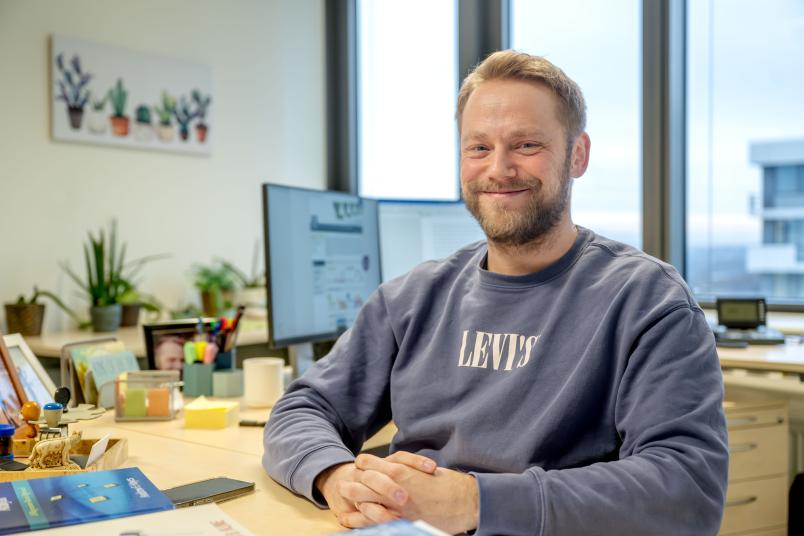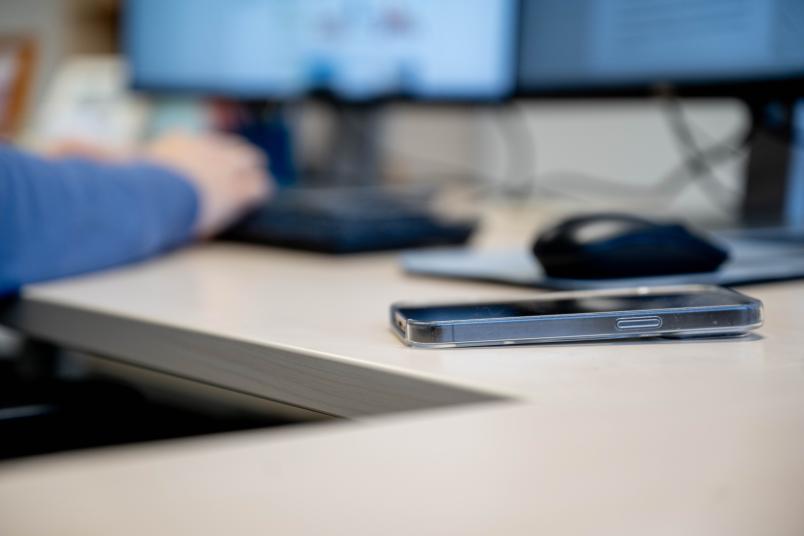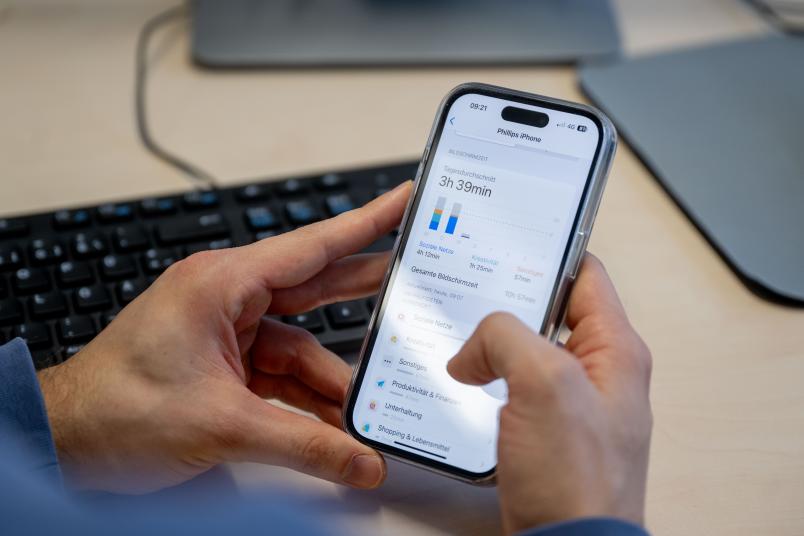Psychology
How Does Materialism in Social Media Trigger Stress and Unhappiness?
You won’t find another place that makes it as easy to compare yourself with others as social media. That’s not good for you.
Clothes, cars, travel, followers: People with a materialistic mindset always want more and, above all, more than others. Social media provides them with ideal opportunities to compare themselves with others, which makes them susceptible to passive and addictive user behavior. This stresses them out and, ultimately, leads to low life satisfaction. This downward spiral, which turns materialists into less happy people, was identified by researchers from Bochum in an online survey of over 1,200 participants. They published their findings in the journal Telematics and Informatics Reports from January, 8, 2024.
Six questionnaires answered by over 1,200 people
The researchers headed by Dr. Phillip Ozimek from the Faculty of Psychology at Ruhr University Bochum, Germany, recruited 1,230 people for their online survey. In order to participate, respondents had to use at least one social media channel at least once a week. On average, the participants stated that they spent just over two hours a day on social media.
The research team used six different questionnaires to determine the extent to which the participants had a materialistic attitude and tended to compare themselves with others, whether they used social media more actively or passively, whether they were addicted to social media, how stressed and how satisfied they were with their lives.
Downward spiral set in motion
“The data showed that a stronger materialistic approach goes hand in hand with a tendency to compare oneself with others,” points out Phillip Ozimek. This comparison is very easy to make on social media, primarily through passive use, i.e. by looking at the content posted by other users. Materialism and passive use were also linked to addictive use of social media. “By this we mean, for example, that users are constantly thinking about the respective channels and fear that they are missing out on something if they are not online,” explains Phillip Ozimek. This in turn leads to symptoms of poorer mental health, i.e. stress. The final link in the chain is reduced life satisfaction. “Social media is one of six stepping stones to unhappiness,” concludes Phillip Ozimek.
Social media attracts and breeds materialists
“Overall, the study provides further evidence that the use of social media is associated with risks, especially for people with a highly materialistic mindset,” says the psychologist. This is particularly worrying, because social media can trigger and increase materialistic values, for example through (influencer) marketing. At the same time, the platforms attract materialists anyway, as they are a perfect way to satisfy many materialistic needs.
“It’s definitely a good idea to be aware of the amount of time you spend on social media and to reduce it,” recommends Phillip Ozimek. He advises against giving up Social Media completely. “If you did, you’re likely to overcompensate.” The research team also suggests recording materialism and social media use in patients undergoing treatment for mental health disorders. “While these factors are often irrelevant, they can be a starting point for additional interventions that patients can try out at home.”


